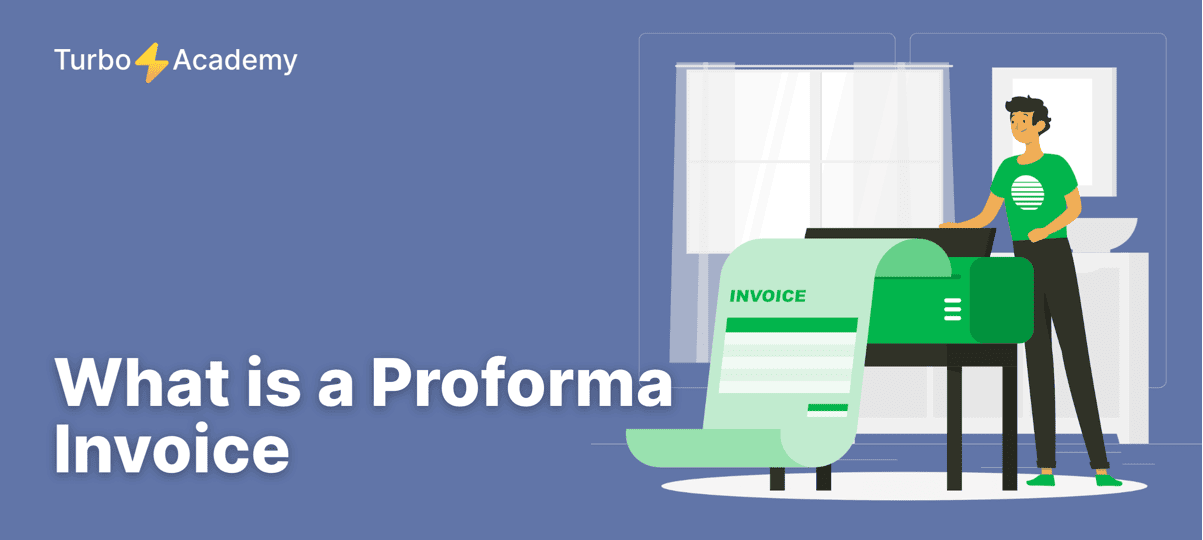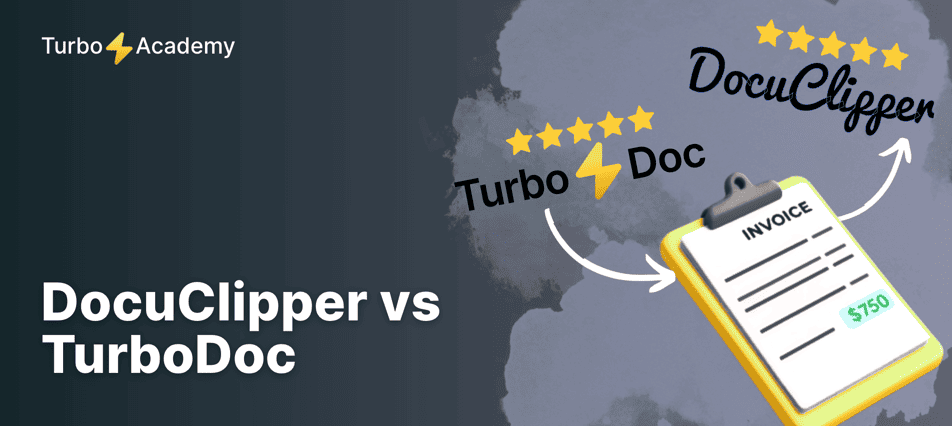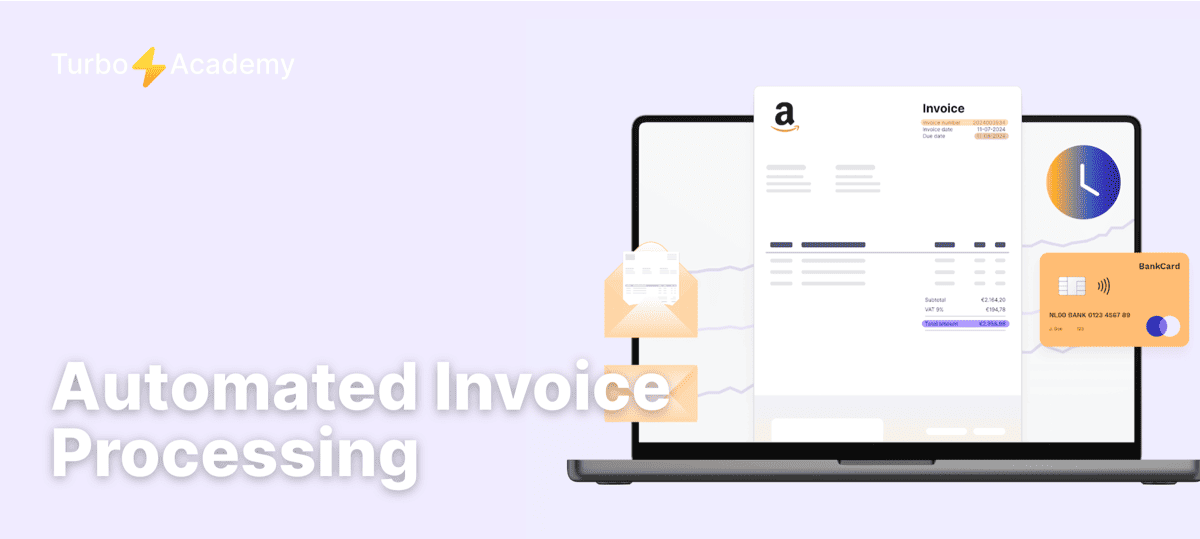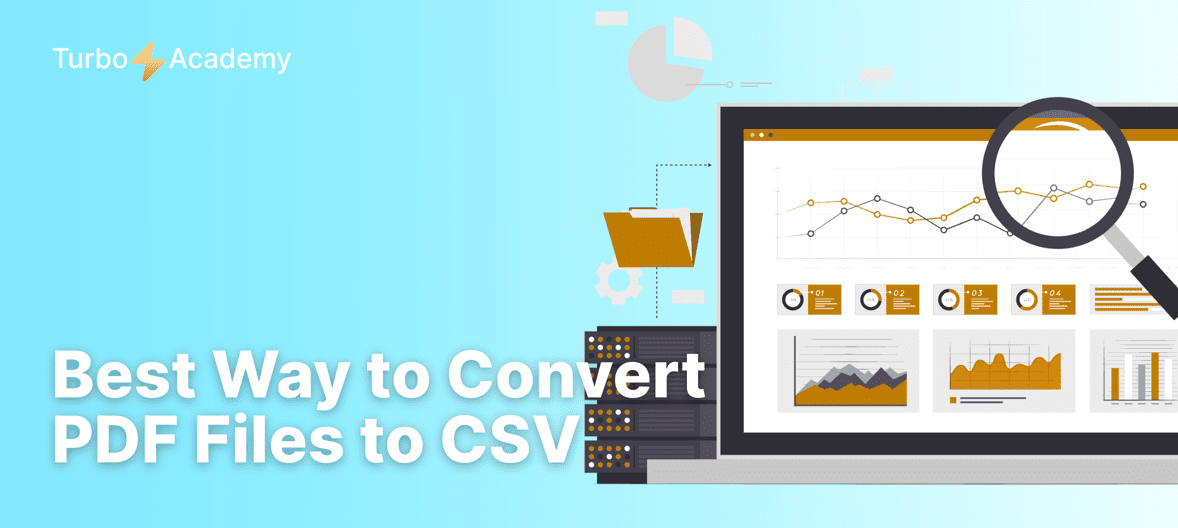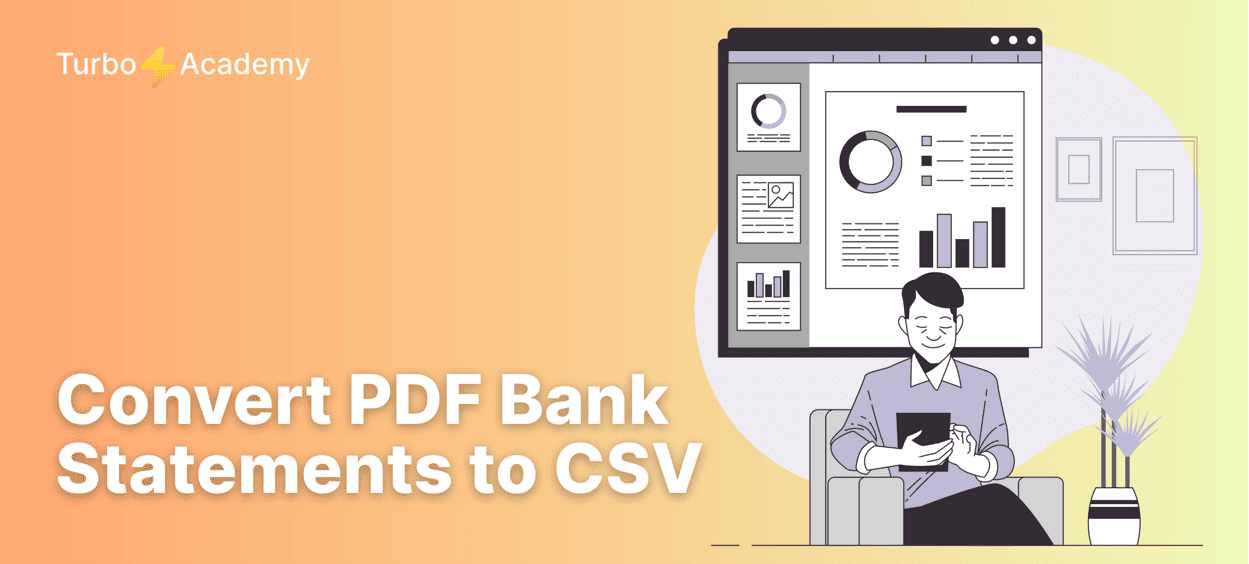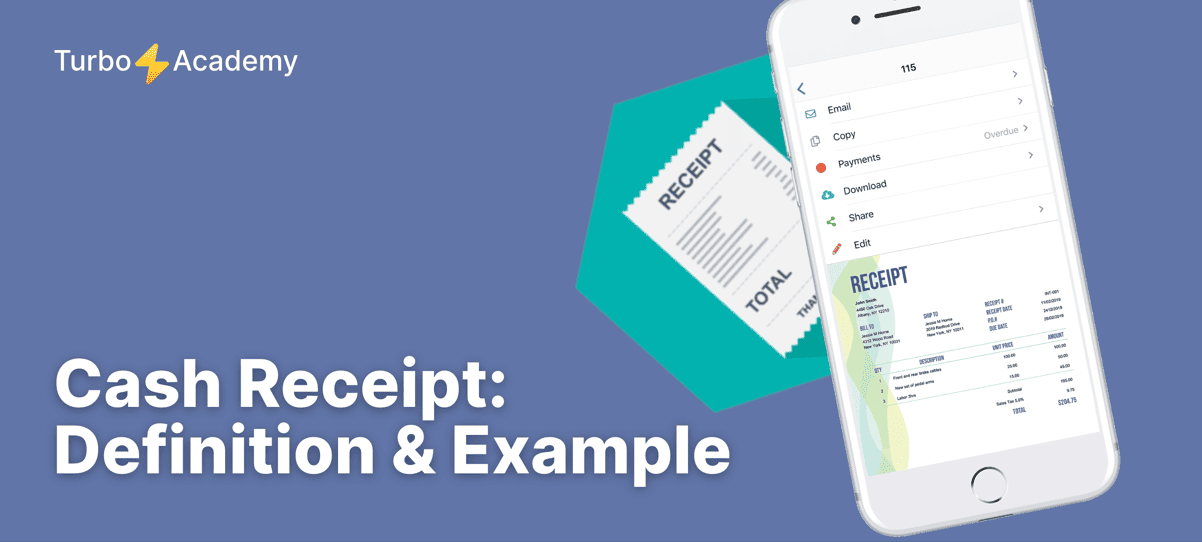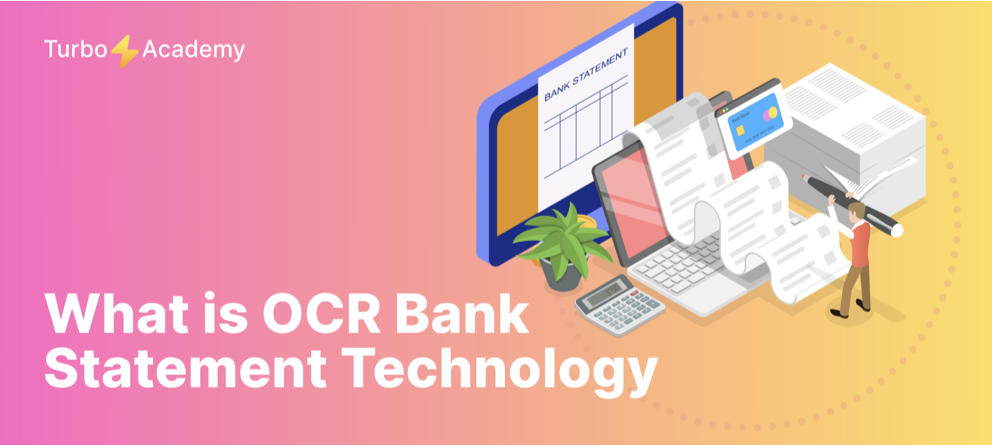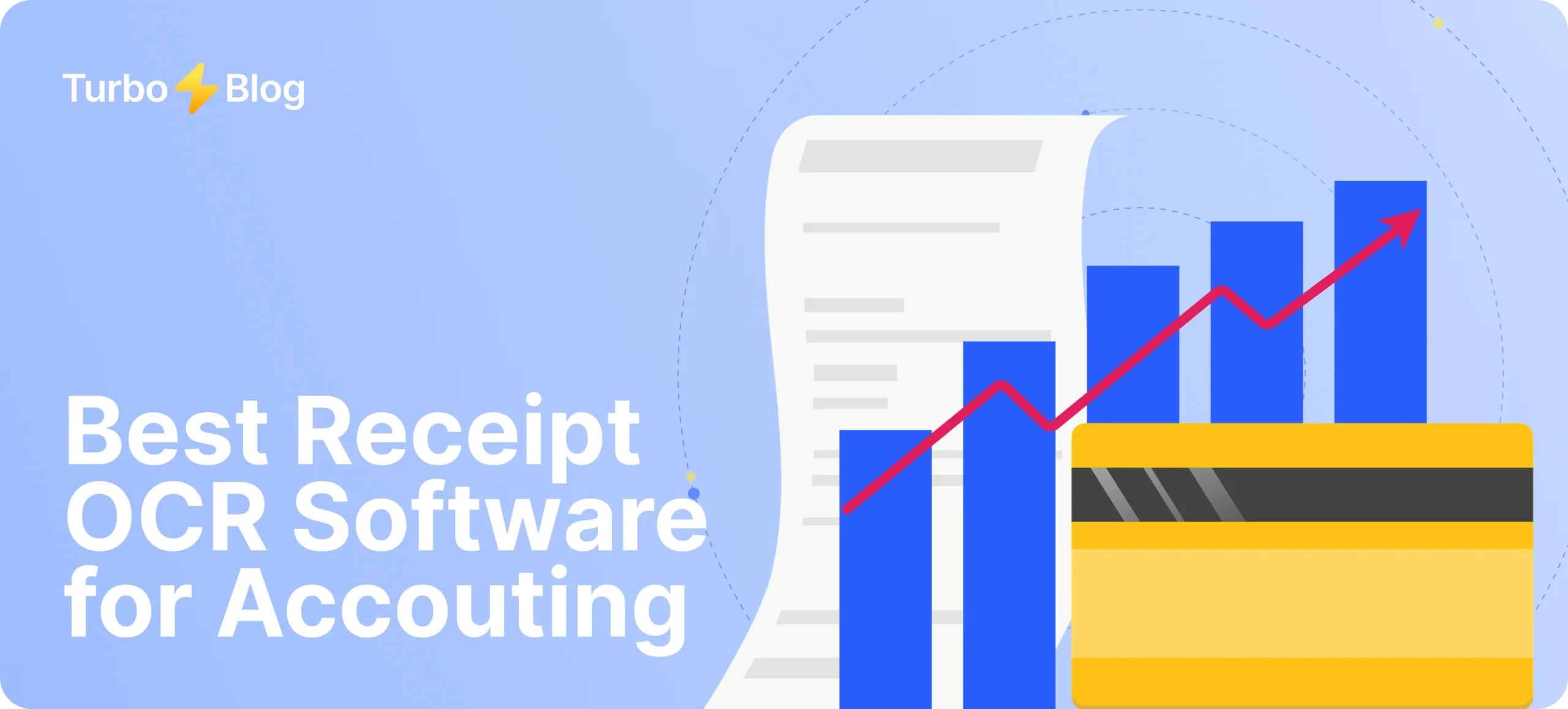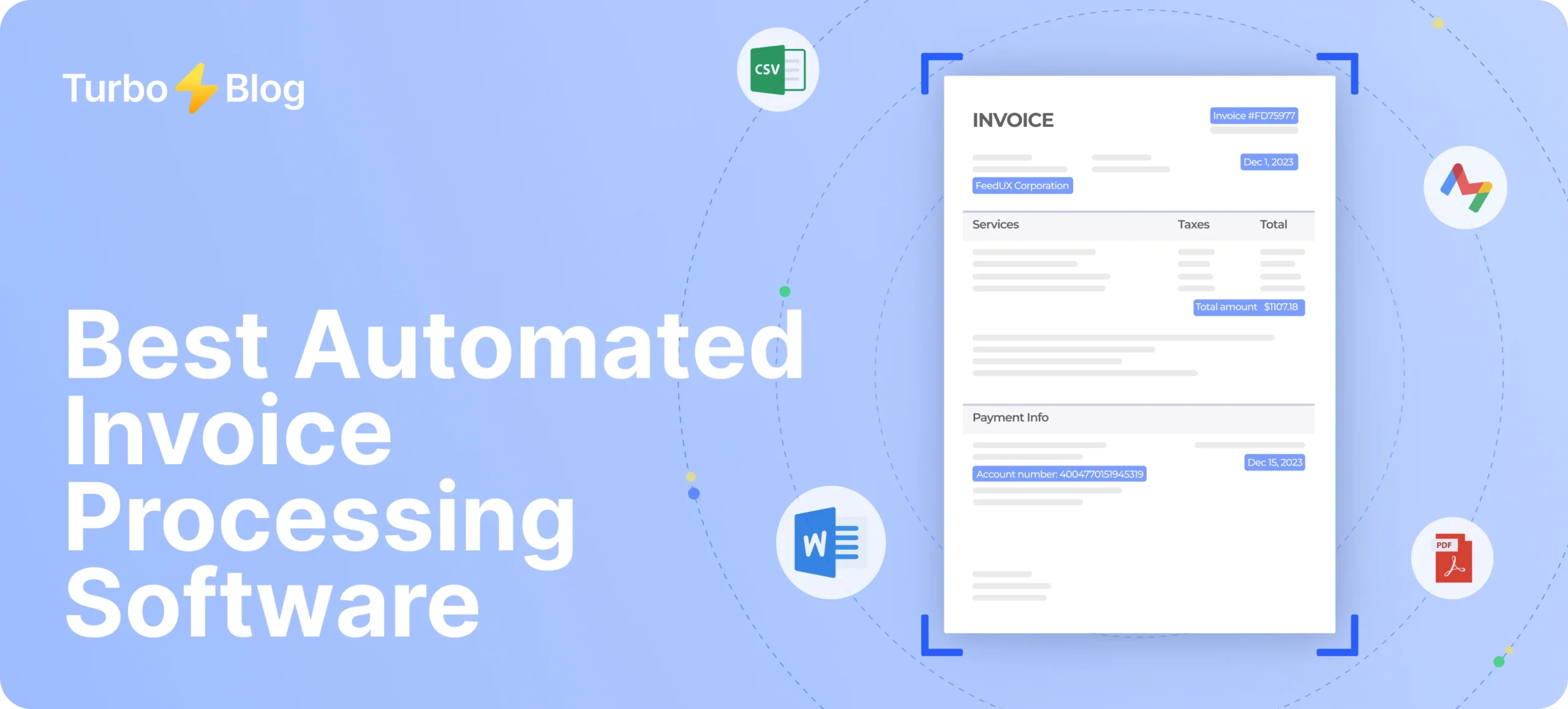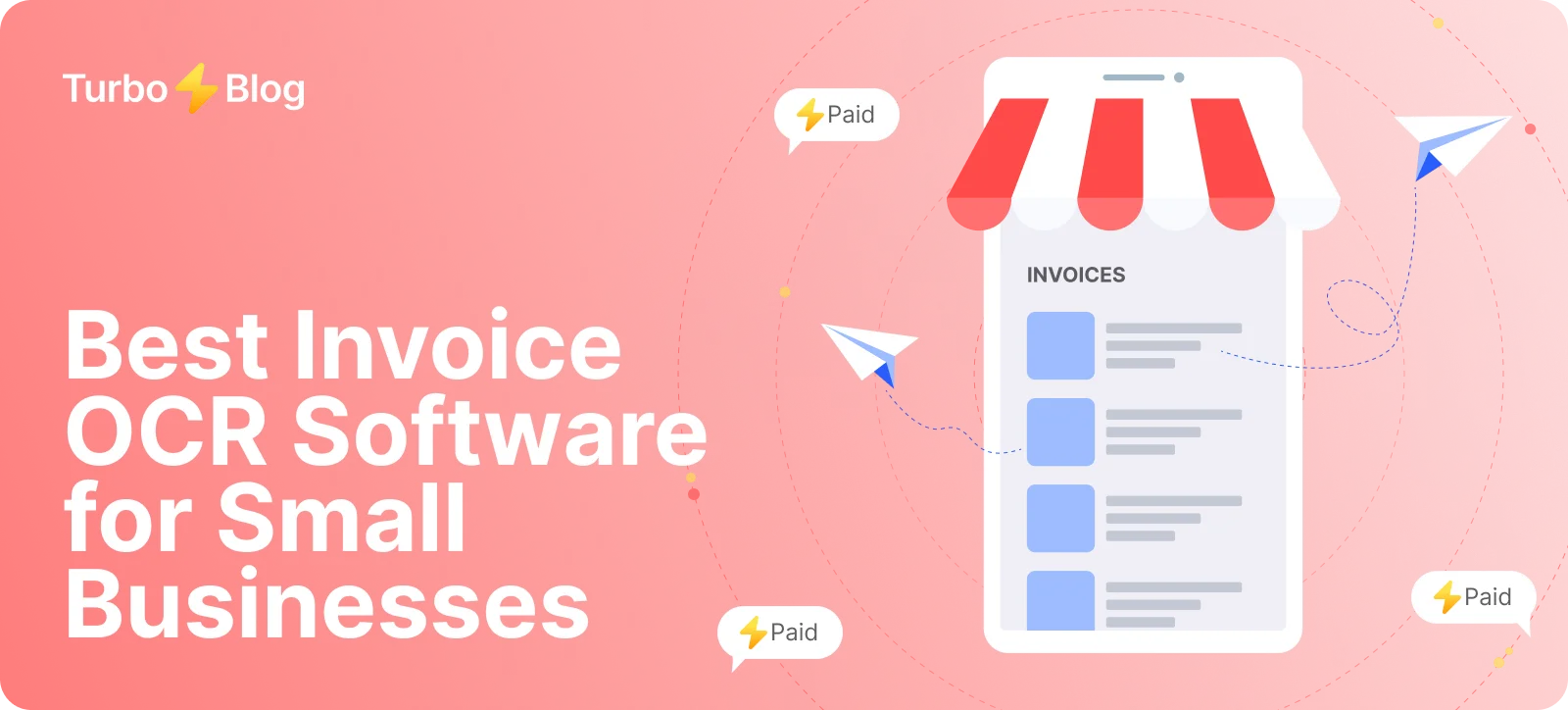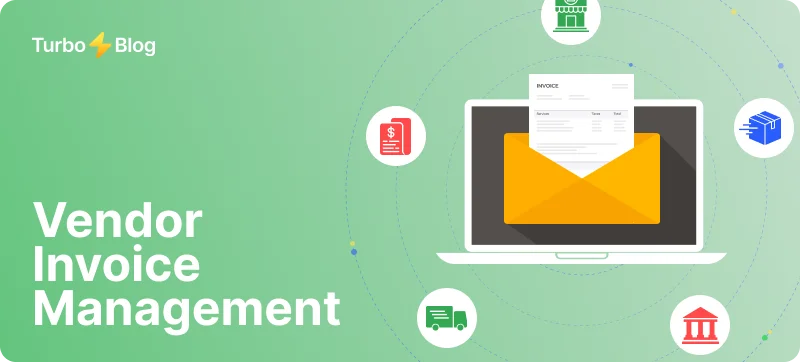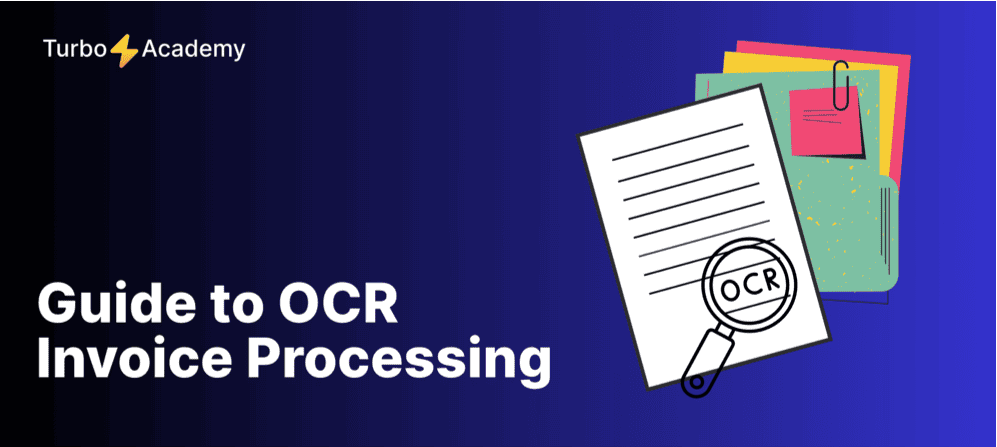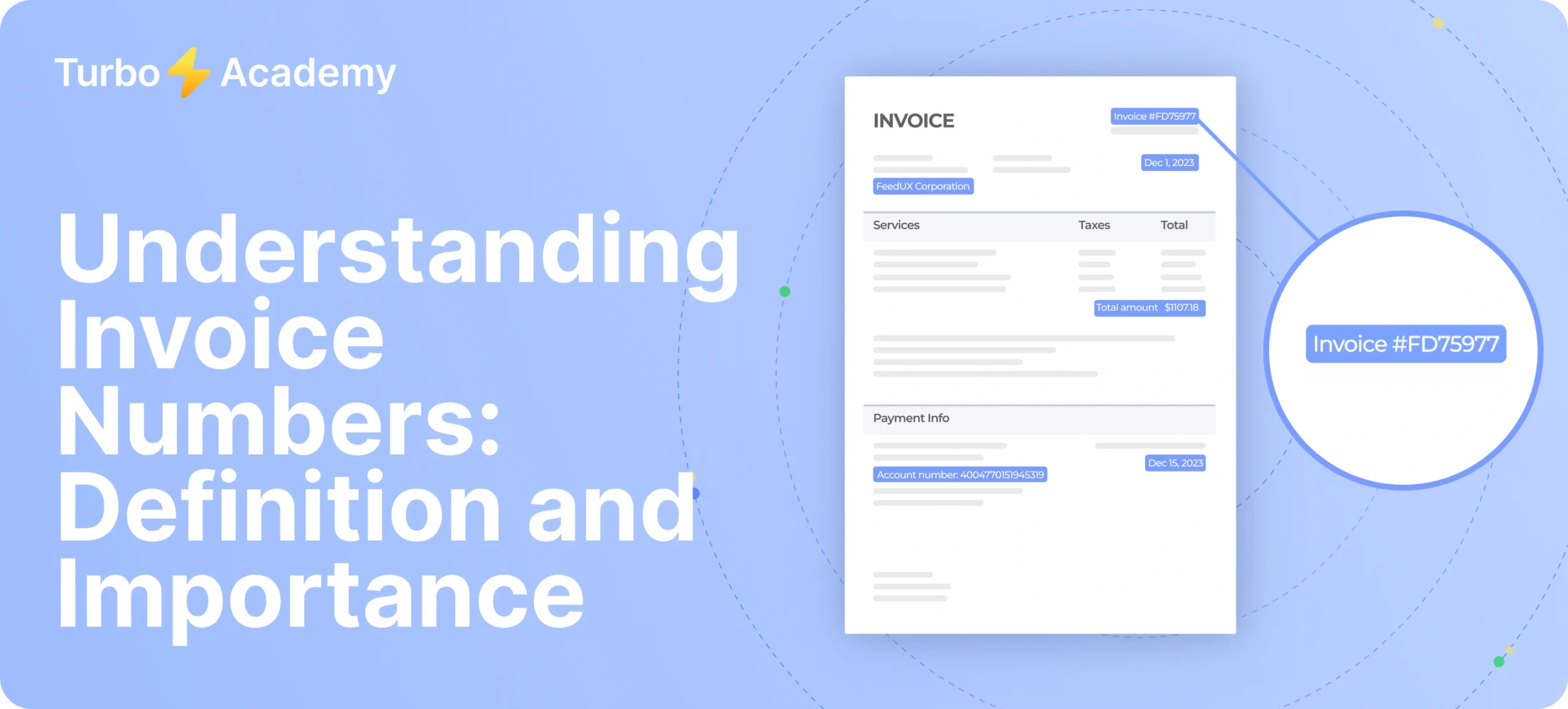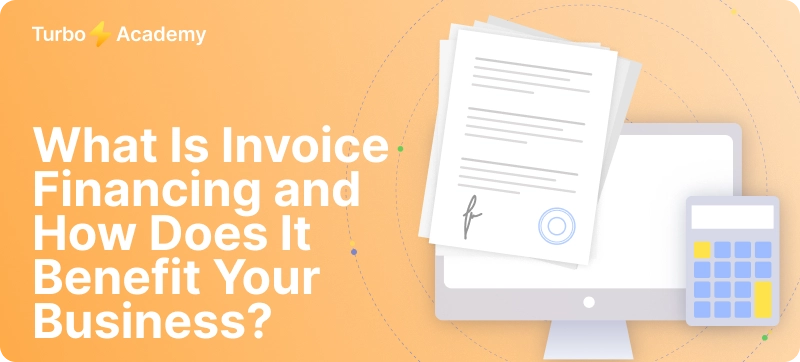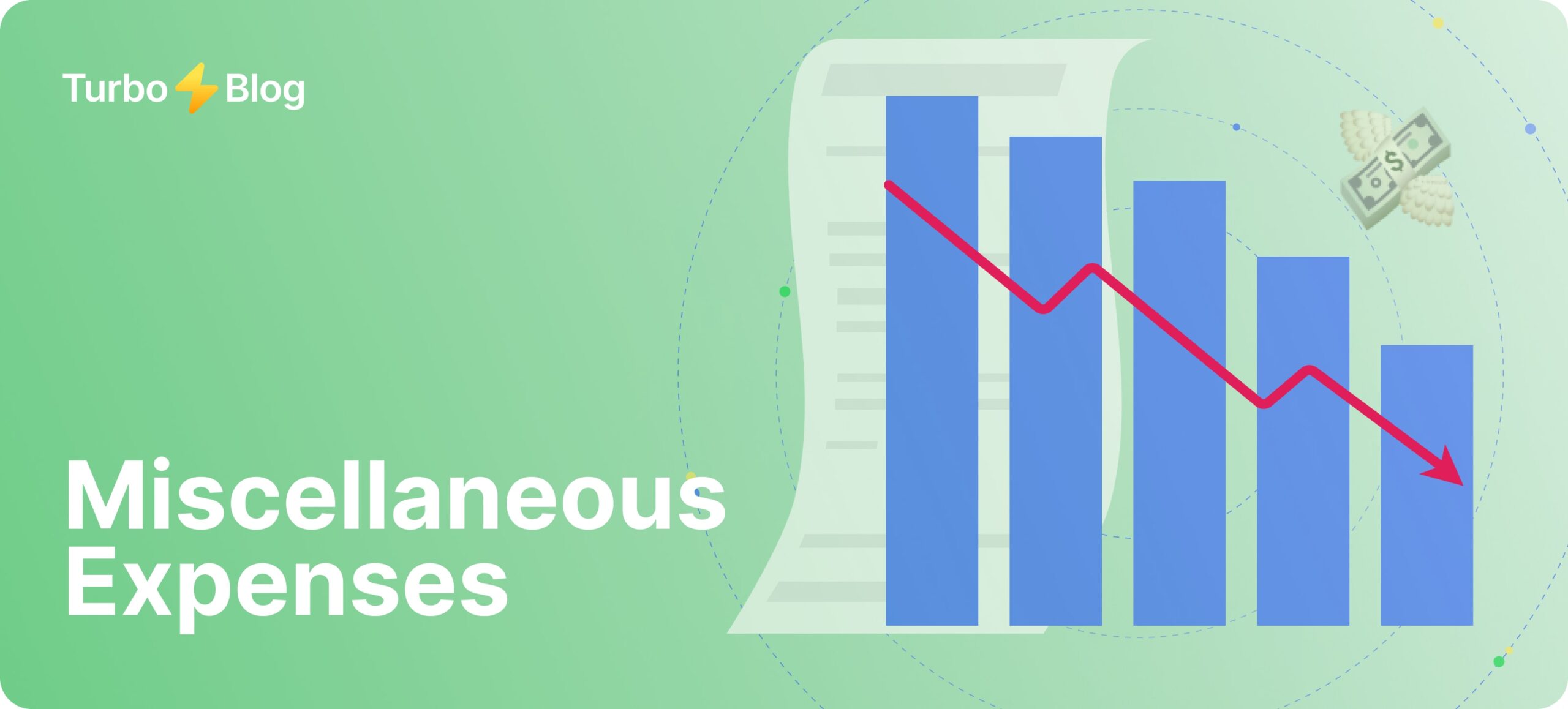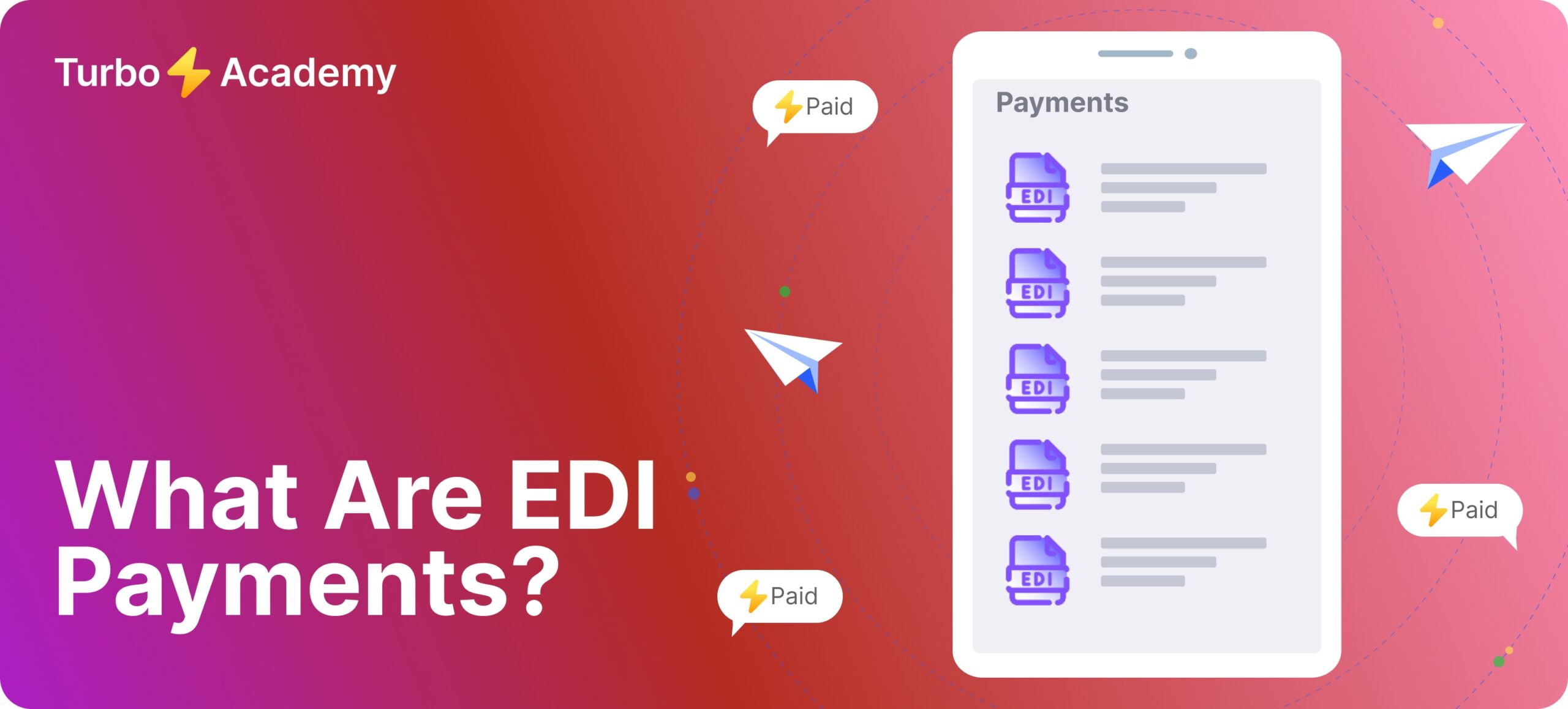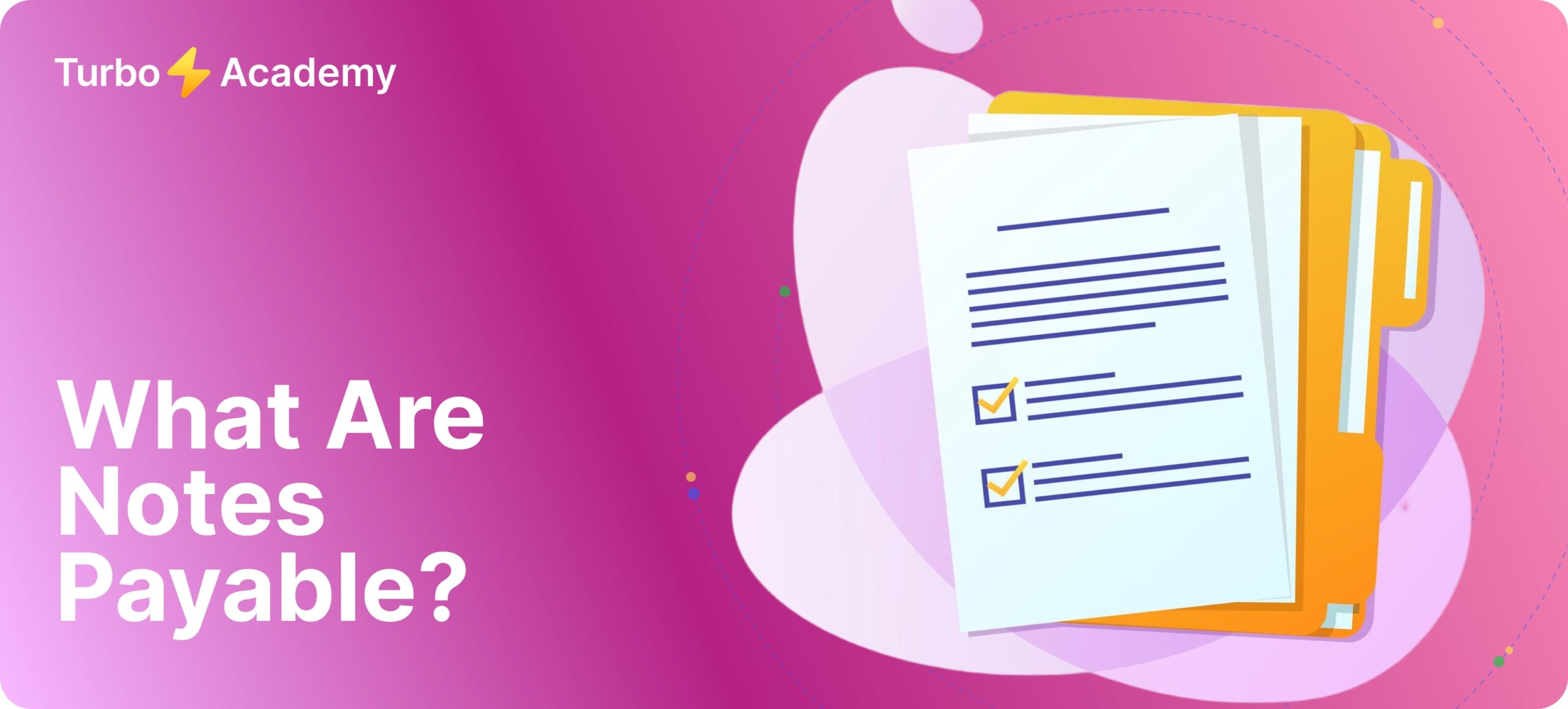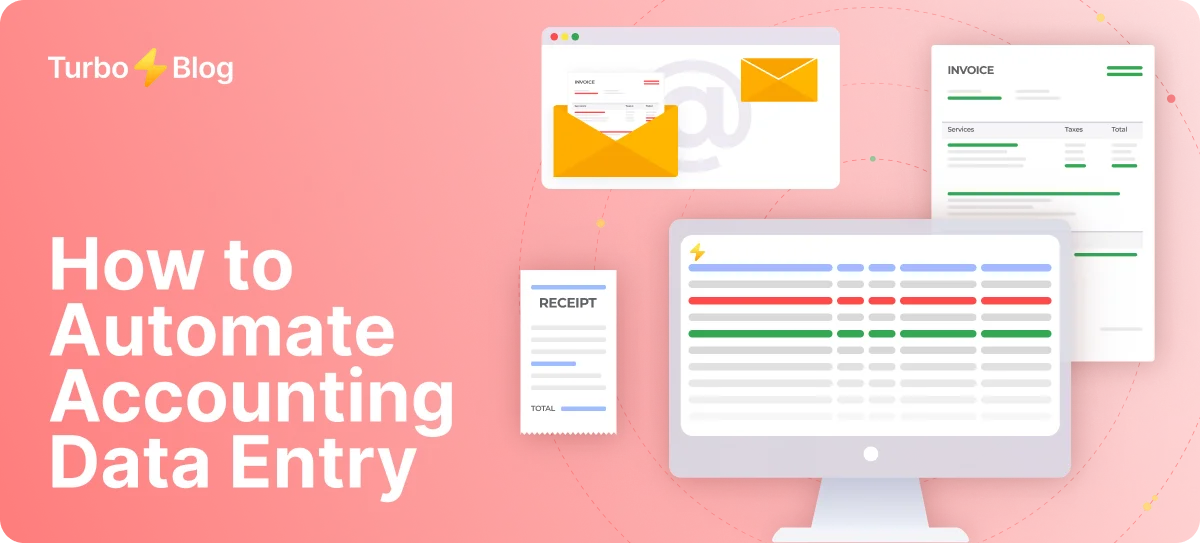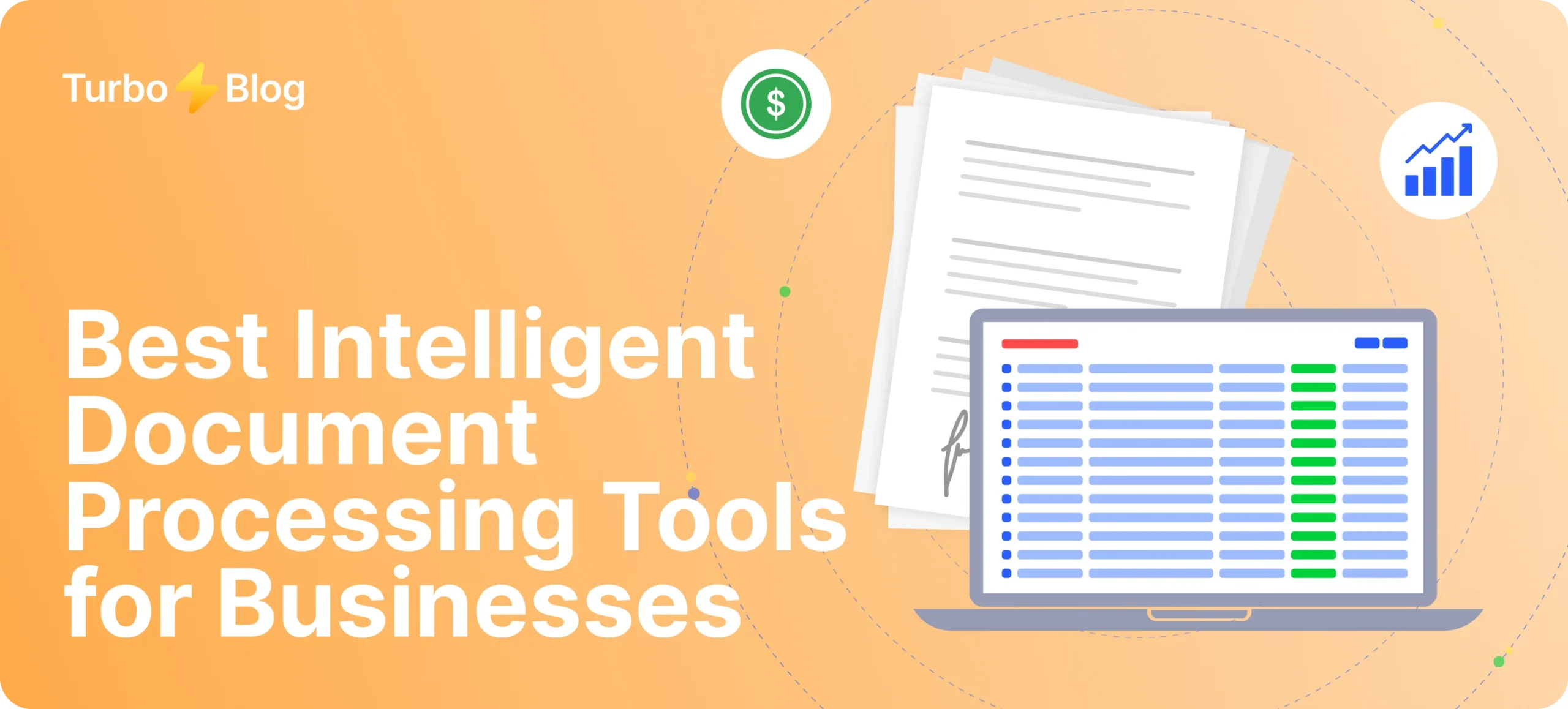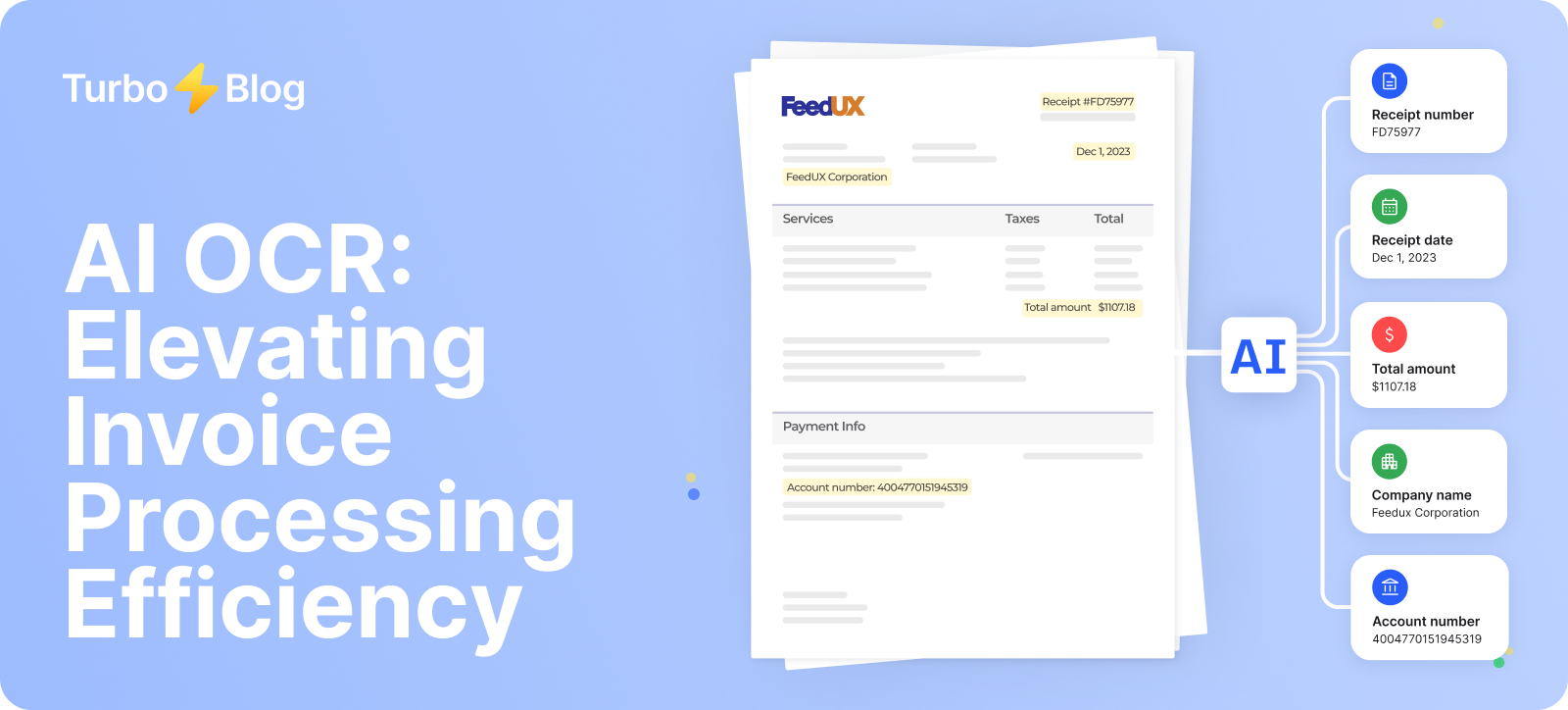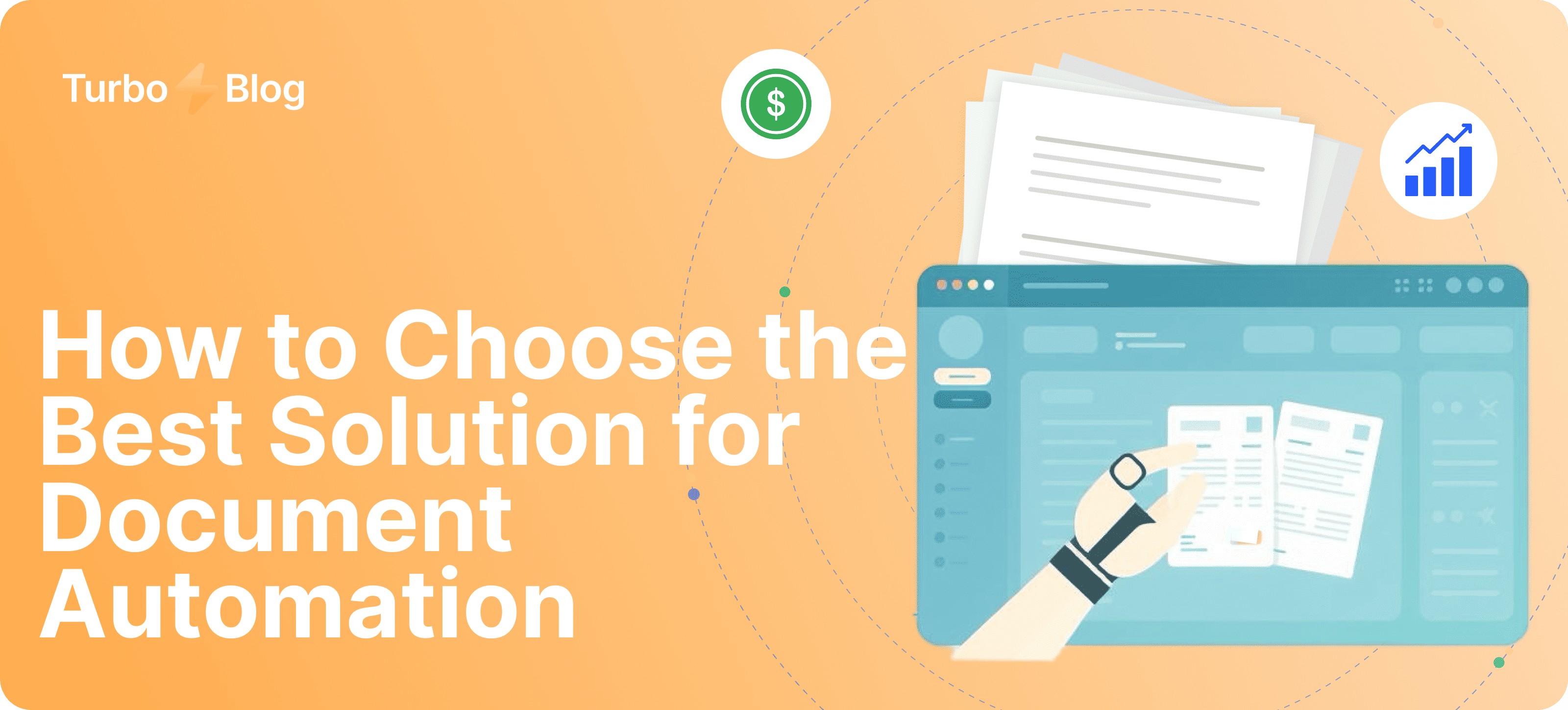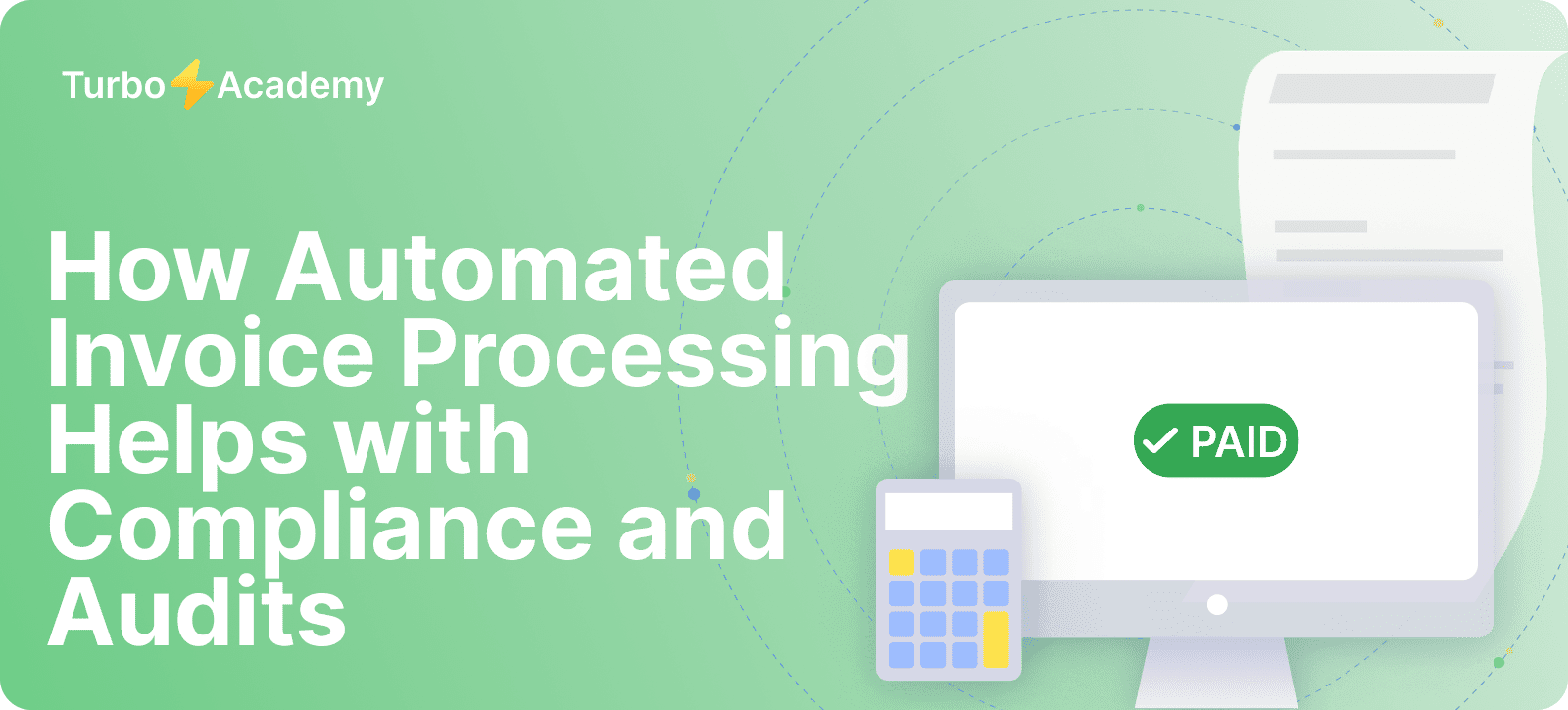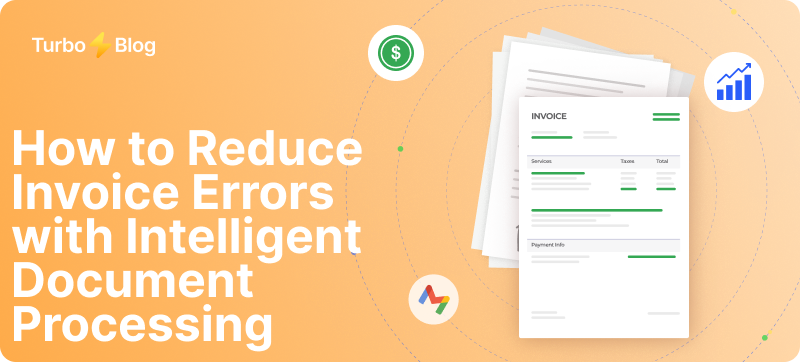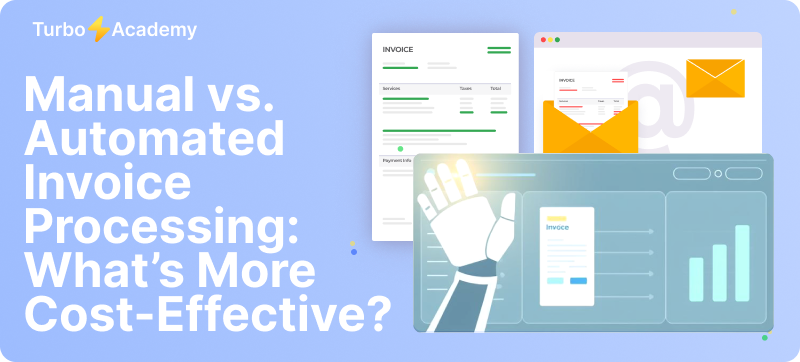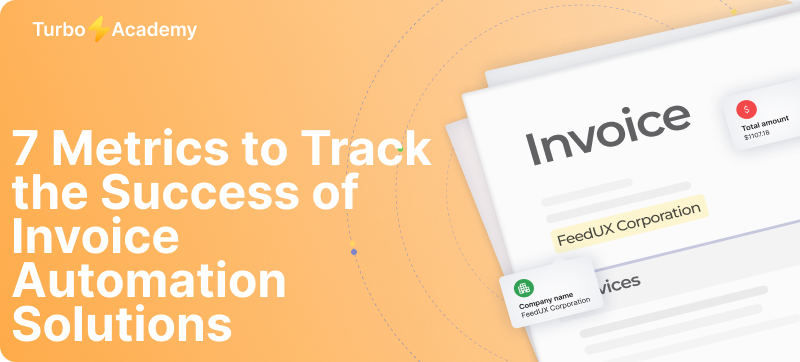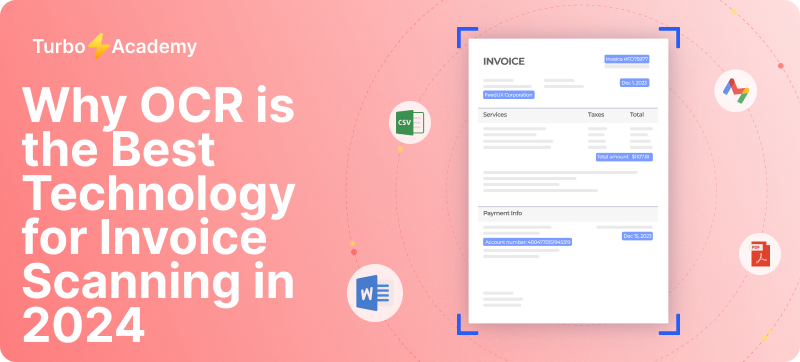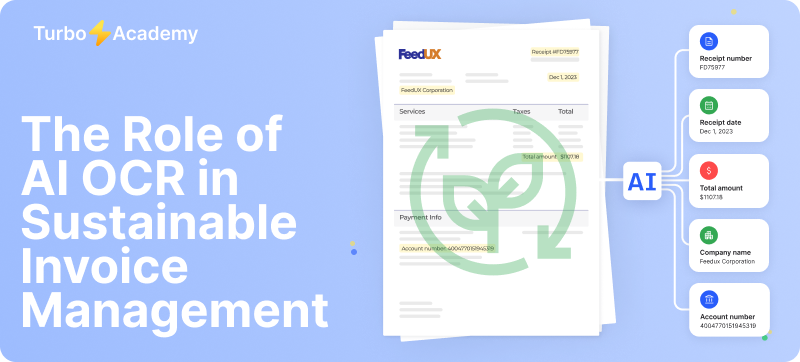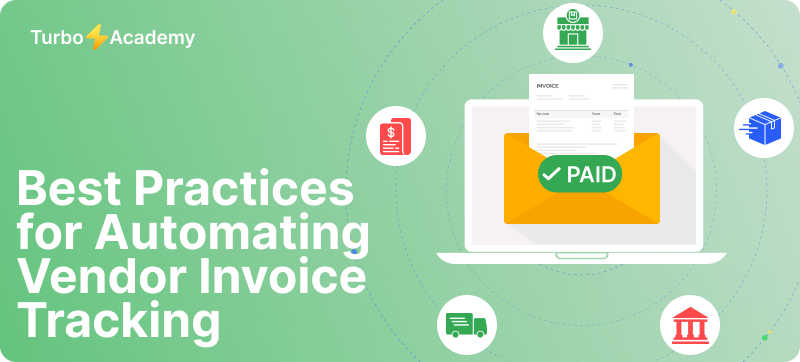A proforma invoice is a preliminary bill of sale frequently used in international shipping and customs clearance. This proforma document provides customs officials with the necessary information about the goods and can be used to request payment in advance. While the invoice includes an invoice number and acts as a formal request for payment, the proforma invoice serves as a preliminary invoice that prepares both parties before issuing the final, official invoice. On TurboDoc.io, you can easily create and customize such documents to streamline your workflow.
Automate document processing with TurboDoc
Recognize invoices, contracts, and forms in seconds. No manual work or errors.
Try for free!



Understanding Proforma
The term “proforma” comes from Latin, meaning “for the sake of form.” In business, it refers to a preliminary document prepared before issuing the official or final invoice. A proforma invoice is not a legally binding demand for payment, but it gives both the buyer and the seller clarity on the terms of a sale.
Proforma documents are often:
- used for customs clearance in international shipping,
- issued for tax purposes when companies need to provide estimated values,
- shared between partners to outline the description of the goods and preliminary costs.
What Does Proforma Mean in Business?
In practice, proforma in business means:
Thus, “proforma” highlights that the document is informational and preparatory rather than final.
Proforma vs Forma vs Pro
- Proforma → A preliminary statement or invoice, often used for customs or tax purposes.
- Forma → Refers to “form” or structure, without direct business meaning.
- Pro → Short for “professional” or “in favor of,” not directly linked to invoicing but sometimes confused in searches.
On TurboDoc.io, you can quickly generate and customize proforma invoices that are ready to be used for customs, tax purposes, or as part of your sales process.
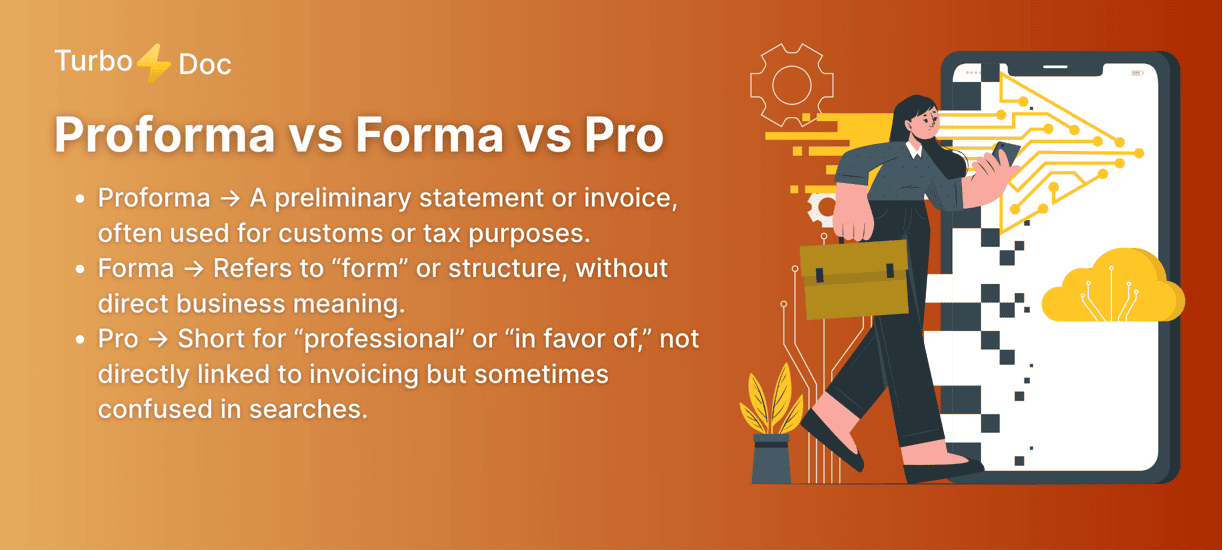
What Is a Proforma Invoice?
A proforma invoice (sometimes written as perfoma, performa, profoma, pro-forma) is an estimated invoice or preliminary bill often used in international trade. While it looks like an invoice, a proforma invoice isn’t actually an invoice in the legal sense. Unlike a tax invoice or a final commercial invoice, it is not a legally binding document and does not create an enforceable demand for payment. Instead, it prepares both the buyer and the seller by summarizing the expected details of a transaction.
Purpose of a pro forma:
- clarify costs and terms of a sale,
- simplify customs clearance and tax purposes,
- provide a reference when an invoice before shipping is needed,
- support negotiations before the final invoice arrives.
Proforma Invoice Meaning in English
In business English, a proforma invoice is understood as a preliminary document that:
- outlines the deal before the official invoice,
- helps buyers and sellers align expectations,
- is often used in international transactions for customs purposes,
- acts as an estimated invoice but can’t be used as a binding document that requires payment.
In short, a pro forma invoice includes details like the description of the goods, estimated costs, and information like payment terms. A pro forma invoice may also be required by customs officials for clearance before goods are shipped.
Proforma Invoice as a Preliminary Bill for Goods or Services
A proforma invoice can help both sides of a deal by providing transparency before shipment. While an official invoice is used as a formal request for payment and an invoice typically includes tax details and the total amount due, the proforma invoice includes only preliminary information.
Key difference between proforma and final invoices:
- Proforma invoices provide an outline, not an obligation.
- A final invoice arrives after the transaction is confirmed and serves as a binding document that requires payment.
- The seller must send a final invoice for accounting and tax purposes.
A simple pro forma invoice example could be a seller preparing a preliminary bill for export, giving the buyer an overview before issuing the final sales invoice.
On TurboDoc.io, you can easily create any types of invoices — from proforma to commercial — using ready-made templates that save time in the sales process.
Automate document processing with TurboDoc
Recognize invoices, contracts, and forms in seconds. No manual work or errors.
Try for free!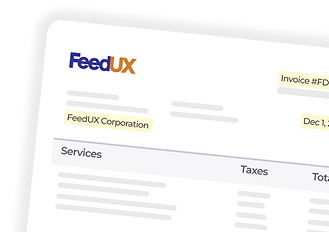
Purpose of a Proforma Invoice
The main purpose of a proforma invoice is to act as a preliminary document that helps both buyer and seller clarify the terms of a transaction. While an official invoice offers a legally binding demand for payment, a proforma invoice since it is not legally binding cannot be enforced as such. Instead, it functions as an estimate, ensuring transparency before the final invoice is issued.
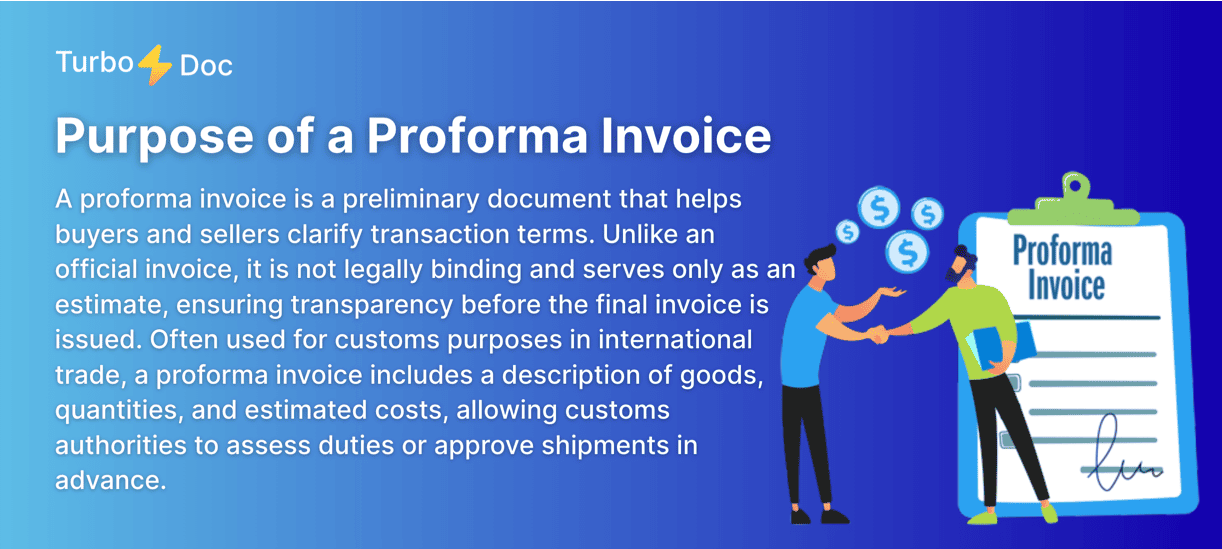
A proforma invoice is often used for customs purposes in international trade. Because the invoice includes a description of the goods, quantities, and estimated costs, customs authorities can use it to assess duties or approve shipments before the final paperwork arrives.
Why Use a Proforma Invoice?
Businesses use proforma invoices because they:
- provide clarity before goods are shipped,
- help negotiate terms without committing to a binding contract,
- simplify international transactions where customs clearance is required,
- prepare the buyer for the final invoice.
In other words, a proforma invoice offers better communication during the sales process while remaining flexible.
Benefits for Sellers and Buyers
For sellers:
- Secure buyer confidence before shipment.
- Use as a tool when performance of a contract is still being negotiated.
- Provide customs authorities with needed data.
For buyers:
- Get a clear overview of costs and conditions before committing.
- Understand exactly what the invoice includes in terms of description, pricing, and terms.
- Plan for the total amount due before receiving the official invoice.
Disadvantages of a Proforma Invoice
Despite the advantages, there are drawbacks:
- You can’t use a proforma for accounting or tax reporting.
- Since the invoice is not legally binding, it cannot be enforced as a demand for payment.
- Some buyers may misunderstand and assume it is an official invoice type.
- It can create delays if the final invoice is required quickly.
Automate document processing with TurboDoc
Recognize invoices, contracts, and forms in seconds. No manual work or errors.
Try for free!
Proforma Invoice vs. Other Invoices
A proforma invoice is often confused with other invoice types. While it looks similar, the purpose, timing, and legal effect are different. Here’s a breakdown of the key differences:
Difference Between a Proforma Invoice and an Invoice
- Proforma invoice → a preliminary document, not legally binding, used to outline goods, costs, and terms before shipping.
- Invoice → an official document, legally binding, and used as a demand for payment.
Example:
A seller sends a proforma invoice to show the buyer what the shipment will cost. Once the goods are shipped, the seller issues the final invoice, which must be paid.
Proforma Invoice vs. Final Sales Invoice
Example:
A proforma invoice may include the description of goods and estimated costs, while the final sales invoice includes the exact quantities, taxes, and total amount due.
Proforma Invoice vs. Commercial Invoice
Example:
A proforma invoice can help a buyer plan import costs, but the commercial invoice is the official document used by customs officials.
Proforma Invoice vs. Sales Invoice
- Sales invoice → issued after goods are delivered or services performed; acts as a binding request for payment.
- Proforma invoice → provides information in advance, but cannot be used for tax or accounting.
Example:
In domestic business transactions, companies issue a sales invoice for every completed sale. The proforma invoice, by contrast, is mainly used for international or preliminary deals.
Proforma Invoice vs. Quote
Example:
A quote is a simple note of estimated costs. A proforma invoice, while also not binding, looks like an invoice and includes structured details such as goods, prices, and terms.
Automate document processing with TurboDoc
Recognize invoices, contracts, and forms in seconds. No manual work or errors.
Try for free!
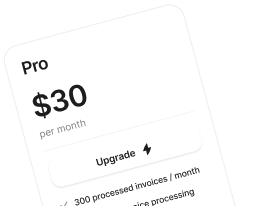
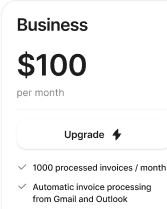
Components of a Proforma Invoice
Key Information to Include
A proforma invoice includes a description of goods or services, estimated prices, quantities, buyer and seller details, and information like payment terms.
Proforma Payment Terms
Since a proforma invoice is not legally binding, payment terms are indicative. They show how the seller expects the buyer to pay once the final invoice is issued.
For International Trade and Customs Clearance
Proforma invoices are often used in international trade to provide customs officials with details of a transaction. This preliminary document helps estimate duties and taxes before the commercial invoice is prepared.
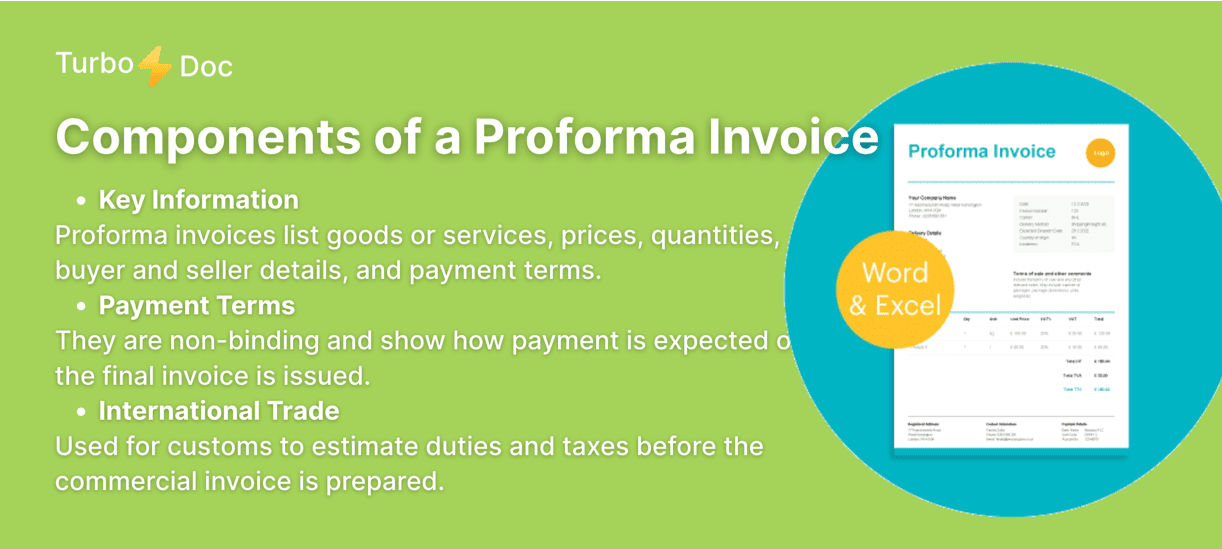
👉 On TurboDoc.io, you can quickly create proforma invoices with all key components included, ready for customs or client negotiations.
How to Create a Proforma Invoice
Step 1: Prepare Invoice Work Details
Gather all preliminary information — buyer and seller details, goods or services, quantities, and estimated costs. This becomes the foundation of your proforma invoice.
Step 2: Use a Proforma Invoice Template
Select a proforma invoice template to ensure consistency and professionalism. A template helps include all required fields such as invoice number, date, and product description. On TurboDoc.io, you can generate templates instantly and customize them for your transaction.
Step 3: Add Terms and Conditions
Include payment terms, shipping details, and other conditions. While the invoice is not legally binding, clear terms show transparency and build trust with the buyer.
Step 4: Send a Proforma Invoice to the Buyer
Deliver the document before shipping to confirm expectations. The buyer can review the proforma invoice before the final invoice arrives, making it easier to align on costs and responsibilities.
Automate document processing with TurboDoc
Recognize invoices, contracts, and forms in seconds. No manual work or errors.
Try for free!



Types of Proforma Invoices
Standard Proforma Invoice
A standard proforma invoice is the most common form. It outlines the description of goods, estimated costs, and payment terms, giving the buyer a clear preview before the final invoice is issued.
Proforma Bill for Goods
A proforma bill for goods is often used in international trade. It helps customs officials assess duties and taxes in advance and provides the buyer with a preliminary bill of sale before shipping.
Recurring Proforma Invoice (SaaS, Services)
For subscription-based businesses or services, a recurring proforma invoice is used to show expected charges over time. This type is common in SaaS, maintenance contracts, and long-term service agreements.
👉 With TurboDoc.io, business owners can generate all types of proforma invoices using ready-to-edit templates tailored for goods, services, or international shipping.
Proforma Invoice Example
A proforma invoice looks very similar to a standard invoice but is marked clearly as “Proforma” and is not legally binding. It serves as a preliminary bill to prepare both the buyer and the seller before the final invoice is issued.
Sample Proforma Invoice for Export
Here’s a simplified example of a proforma invoice for export:
Proforma Invoice Template You Can Use
On TurboDoc.io, you can generate ready-to-use proforma invoice templates that include:
- Seller and buyer details,
- Invoice number and date,
- Description of goods or services,
- Estimated costs and payment terms,
- Delivery and shipping information.
These templates can be customized for export, SaaS, or recurring services, making it easy for business owners to send professional proforma invoices quickly.
Automate document processing with TurboDoc
Recognize invoices, contracts, and forms in seconds. No manual work or errors.
Try for free!
Clarity and Accuracy in Pro Forma Invoicing
Always ensure that a proforma invoice includes a description of goods or services, estimated amounts, and clear terms. Misleading details can create confusion for both the buyer and the seller.
Conversion to Final Invoice
A proforma invoice is not legally binding, so it must be followed by a final invoice. Make sure the information is consistent when converting from the preliminary document to the official one.
When Business Owners Should Use Proforma Invoices
- When negotiating international shipments and duties, since proforma invoices are used for customs purposes.
- When a buyer requests cost estimates before making a decision.
- When sellers want to establish trust without issuing a binding demand for payment.
👉 With TurboDoc.io, business owners can create accurate proforma invoices that seamlessly convert into final invoices, ensuring efficiency and professionalism in every transaction.
Automate document processing with TurboDoc
Recognize invoices, contracts, and forms in seconds. No manual work or errors.
Try for free!


❓ Proforma Invoice — FAQs
What is a proforma invoice?
A proforma invoice is a preliminary bill that provides details of a transaction before goods are shipped or services delivered. It looks like an invoice but is not legally binding and cannot be used for tax or accounting purposes.
What is the difference between an invoice and a proforma invoice?
An invoice is an official, binding request for payment, while a proforma invoice is only an estimate. A proforma is often used for customs purposes or as a cost preview, while the final invoice is required for payment and tax reporting.
Should you pay a proforma invoice?
No. Since a proforma invoice is not legally binding, it cannot serve as a formal demand for payment. Payment should only be made once the seller issues a final invoice.
Are proforma invoices illegal?
No, proforma invoices are not illegal. They are widely accepted in business transactions and international trade but must not be confused with binding documents like commercial or tax invoices.
Who typically uses pro forma invoices?
Pro forma invoices are used by business owners, exporters, and service providers. They are common in international shipping, where customs officials require preliminary details before goods are cleared.
How long is a proforma valid?
The validity of a proforma depends on the terms specified by the seller. In most cases, it is valid until the final invoice arrives, or for a fixed period (e.g., 30 days).
Why would someone want a proforma invoice?
A buyer may request a proforma invoice to understand the estimated costs and terms before committing. Sellers use it to confirm details, support negotiations, and simplify customs clearance.
What are the disadvantages of a proforma invoice?
- You can’t use a proforma for tax or accounting.
- It can cause confusion if the buyer assumes it is binding.
- It may delay transactions if the final invoice is required urgently.
Why is a proforma invoice not accepted?
A proforma invoice isn’t accepted as proof of sale or tax documentation because it is not a legally binding document. Only a final sales invoice or commercial invoice can be used for official accounting and tax purposes.

